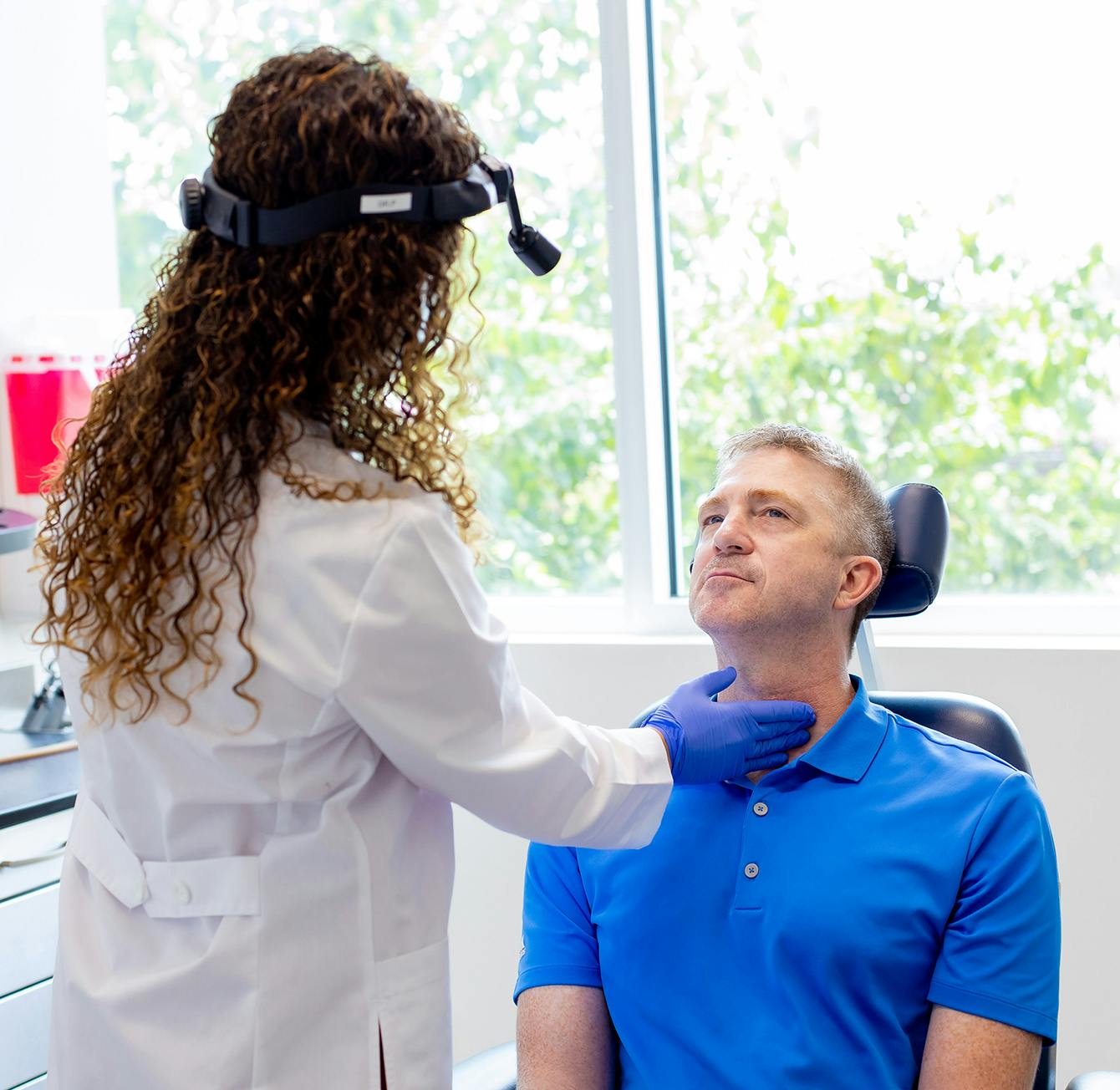Turbinate hypertrophy is a common condition affecting the nasal passages, leading to congestion and breathing difficulties. At Florida ENT Associates, we specialize in diagnosing and treating turbinate hypertrophy, ensuring our patients breathe easier and live more comfortably.
Why Choose Florida ENT Associates for Turbinate Hypertrophy Treatment?
Selecting Florida ENT Associates for treating turbinate hypertrophy means choosing a team of experienced professionals dedicated to your nasal health. We understand that nasal congestion can significantly impact your quality of life, and our goal is to provide effective, personalized care.
Our approach involves comprehensive diagnosis and a range of treatment options, from conservative management to advanced surgical techniques, tailored to each patient's needs. We emphasize clear communication and education, ensuring our patients understand their condition and the available treatment options.
At Florida ENT Associates, we are committed to providing the highest standard of care, combining medical expertise with a compassionate approach to ensure you are comfortable, cared for, and your condition resolved.




